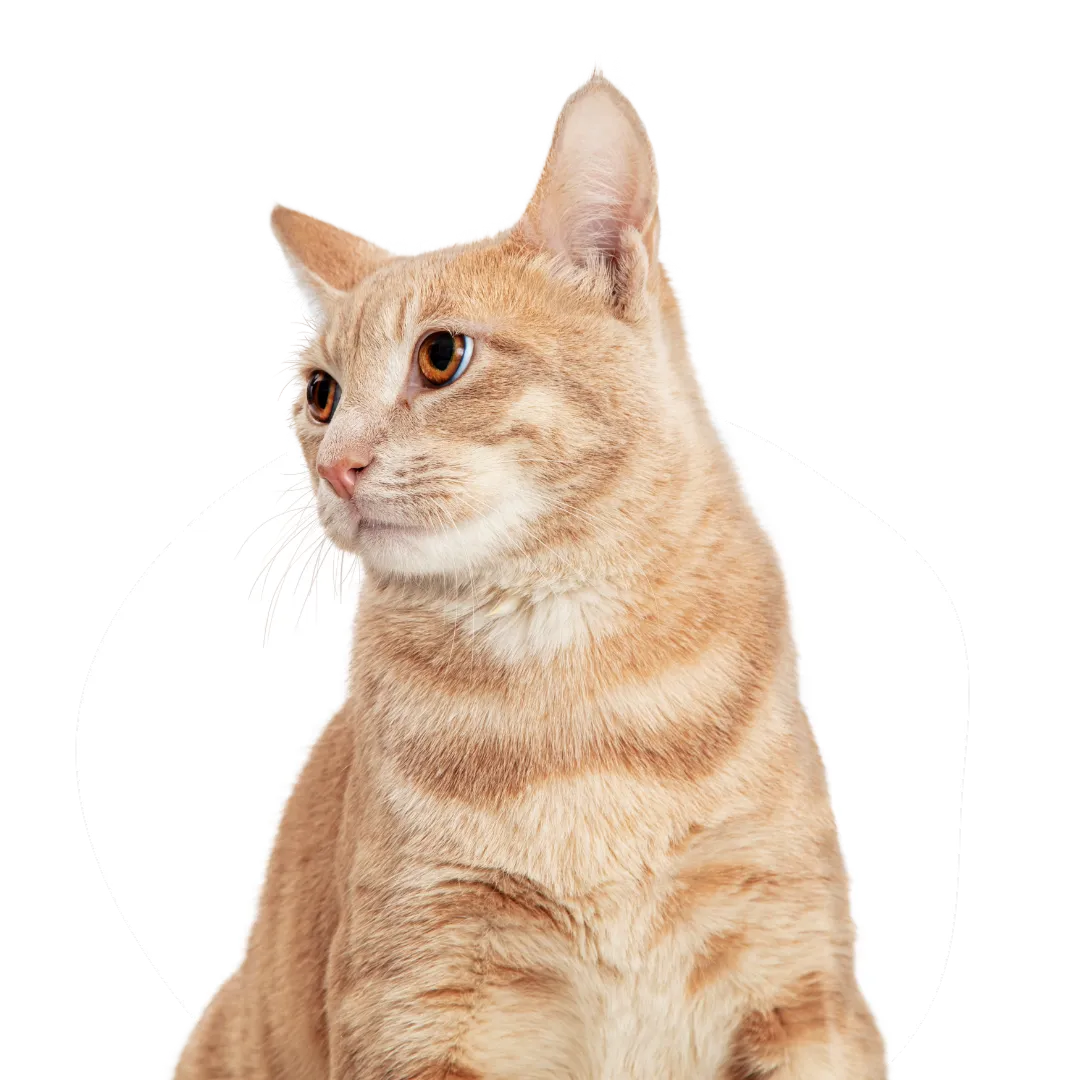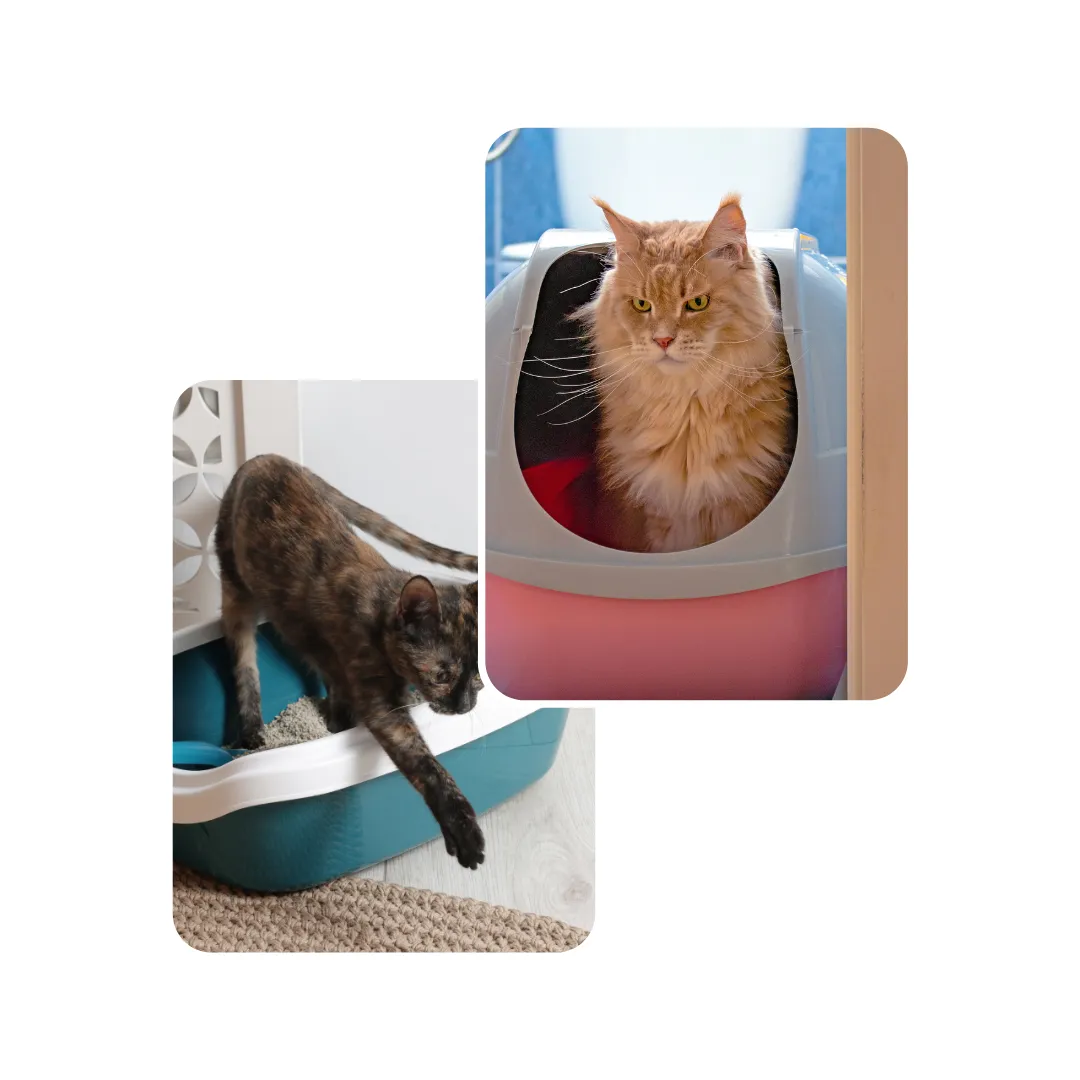
Cats may develop diarrhea for different reasons. A sudden change in food, spoiled food or stress can upset their stomach. Parasites like worms or protozoa can irritate the intestines, while viral and bacterial infections may also trigger it. Some cats have chronic conditions such as inflammatory bowel disease, kidney problems or food allergies that cause long-term diarrhea. Because the causes vary from simple to very serious, monitoring and early vet care are important.
Here is type of cats diarrhea

There are different sets of possible causes for each.
The most obvious sign of diarrhea. Stools may be very soft or completely liquid and often difficult to clean from the litter box.
This can indicate irritation or inflammation in the intestines. Bright red blood suggests bleeding in the lower intestines, while dark, tar-like stool may point to bleeding higher up.
When diarrhea lasts more than a few days, your cat may start losing weight because their body isn’t absorbing enough nutrients.
Cats may keep going to the litter box but pass only small amounts of stool each time. This can make them restless or strain while trying.
Cats with diarrhea often don’t feel like eating, which can quickly make them weak, especially kittens or senior cats.
Cats with diarrhea may sleep more than usual, move slowly or lose interest in playing. This is often due to dehydration and lack of nutrients.
Think of it as your cat’s tummy being upset. When your cat has diarrhea, their stool becomes loose or watery, and they may go to the litter box more often than usual. Sometimes it’s nothing serious, but other times it’s a sign that something more is going on.
It can be. If it only lasts a day, it might just be something they ate. But if it continues for more than a day or two, diarrhea can make your cat weak and dehydrated, especially kittens or older cats. That’s when you should get them checked.
Watch for warning signs like blood in the stool, constant trips to the litter box, vomiting along with diarrhea, or your cat refusing to eat. If you see any of these, don’t wait, bring your cat in to our vet at Subang Jaya,.
For very mild cases, you can try keeping your cat hydrated and feeding a bland diet for a short time. But if your cat is a kitten, a senior, or if the diarrhea lasts more than 24 hours, home care isn’t enough, they need proper treatment.
Simply click the Appointment button on our website or call us directly. Online booking saves you time and ensures your cat gets.
Your pet deserves expert care – Subscribe now for trusted tips and updates from our pet experts.
